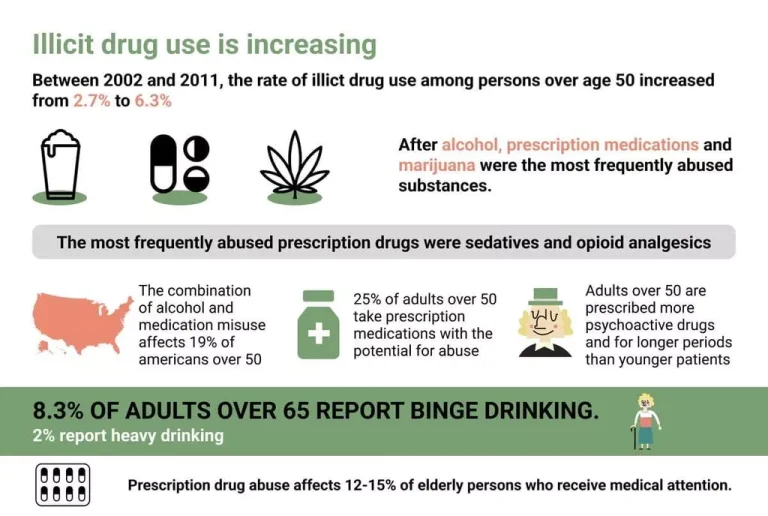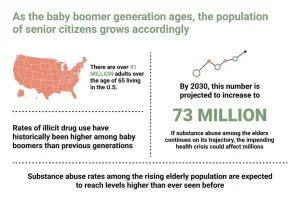
You will learn how to handle your own emotions,set healthy boundariesand form true connections with others. Your physical health will start to recover when you abstain from substance use. A longer life can mean more time to spend with loved ones, experience new things and learn about yourself.
Healing Relationships: How Sobriety Can Improve Your Connections with Others

By staying present and observing their thoughts and emotions without reacting to them, individuals can develop healthier coping mechanisms for dealing with cravings. Drug detox can vary according to the patient’s addiction factors, including the substance abused, how long the addiction has lasted, the patient’s medical condition, if any other disorders are present, and more. However, outpatient rehab that you may attend during your time in a sober living home may be covered by insurance. Some insurance policies may limit your care providers or may want you to contribute to the cost. Most treatment facilities can help determine if your insurance is eligible for outpatient rehab.
- Identifying triggers and stressors is crucial in preparing for a sober lifestyle.
- It is about quitting drinking or using drugs and changing your lifestyle and mindset to embrace a healthier, happier life.
- You may also need to change your route to work or home in order to avoid any triggers, or people, places, or things that make you want to use drugs or drink again.
- Addiction often strains relationships, causing trust issues, communication breakdowns, and emotional distance.
- Alumni programs provide a platform for former residents to share their experiences, successes, and challenges, creating a community of mutual support.
How Sober Living Homes Are Funded: Key Financial Insights

Their on-demand nature allows users to access much-needed support at the touch of a button, making them an indispensable resource for managing mental health and sustaining recovery. In line with the 2024 sober living trends, the RECO Institute encourages the use of such apps, recognizing them as vital components of a holistic recovery plan. These applications not only promote self-awareness and emotional regulation but also empower users to take proactive steps toward maintaining their sobriety and mental well-being. Recognizing the diverse needs within the recovery community, 2024 ushers in a new era of sober living for specific populations. This specialized approach acknowledges that recovery is not one-size-fits-all and different demographic groups may face unique obstacles on their path to sobriety. By creating spaces that consider these nuances, sober living homes can offer more meaningful support, fostering a sense of belonging and understanding that is crucial for successful recovery.
Sober Living House Rules
Without the burden of addiction, you won’t be forced to plan your life around your next drink or dose. Because you won’t be dealing with the effects of substances or spending hours seeking out drugs or alcohol, you’ll have plenty of time to devote to new hobbies, activities and friends. You can start by attending support group meetings, reaching out to friends and family who are supportive of your recovery, and finding a sponsor or mentor who can offer guidance and accountability. This can include learning new skills, working on personal growth, and practicing self-care. Cravings and withdrawal symptoms can be some of the biggest challenges when living a sober life.
- Sober living involves building positive mental attitudes, engaging in healthy activities, and relying on a supportive community.
- By instilling a sense of responsibility, developing self-sufficiency, and fostering a supportive community, sober living homes lay the foundation for long-term success.
- Facilitating access to recovery resources is a fundamental aspect of sober living homes.
- It can not only help you stay on track but could help you or others recognize the warning signs before a relapse occurs, ensuring you get the help you need before it’s too late.
Leading a sober life involves recognizing and responding to triggers and cravings effectively. Without resorting to drugs or alcohol, it’s essential to explore healthy coping mechanisms. Identifying triggers, like stress, and substituting unhealthy responses with beneficial ones, such as exercise, are crucial steps. This proactive approach makes your recovery more manageable and moves you closer to the life you aspire to lead.
This may involve participating in sports, going changes sober living for hikes, or attending sober events or gatherings. Finding purpose in sobriety involves exploring one’s interests, values, and strengths. It may involve trying new activities, volunteering, or pursuing creative outlets. Engaging in activities that align with one’s values and passions can provide a sense of meaning and fulfillment. At Gratitude Lodge,we work with most insurance plans to cover the costs of treatment. By Buddy TBuddy T is a writer and founding member of the Online Al-Anon Outreach Committee with decades of experience writing about alcoholism.

